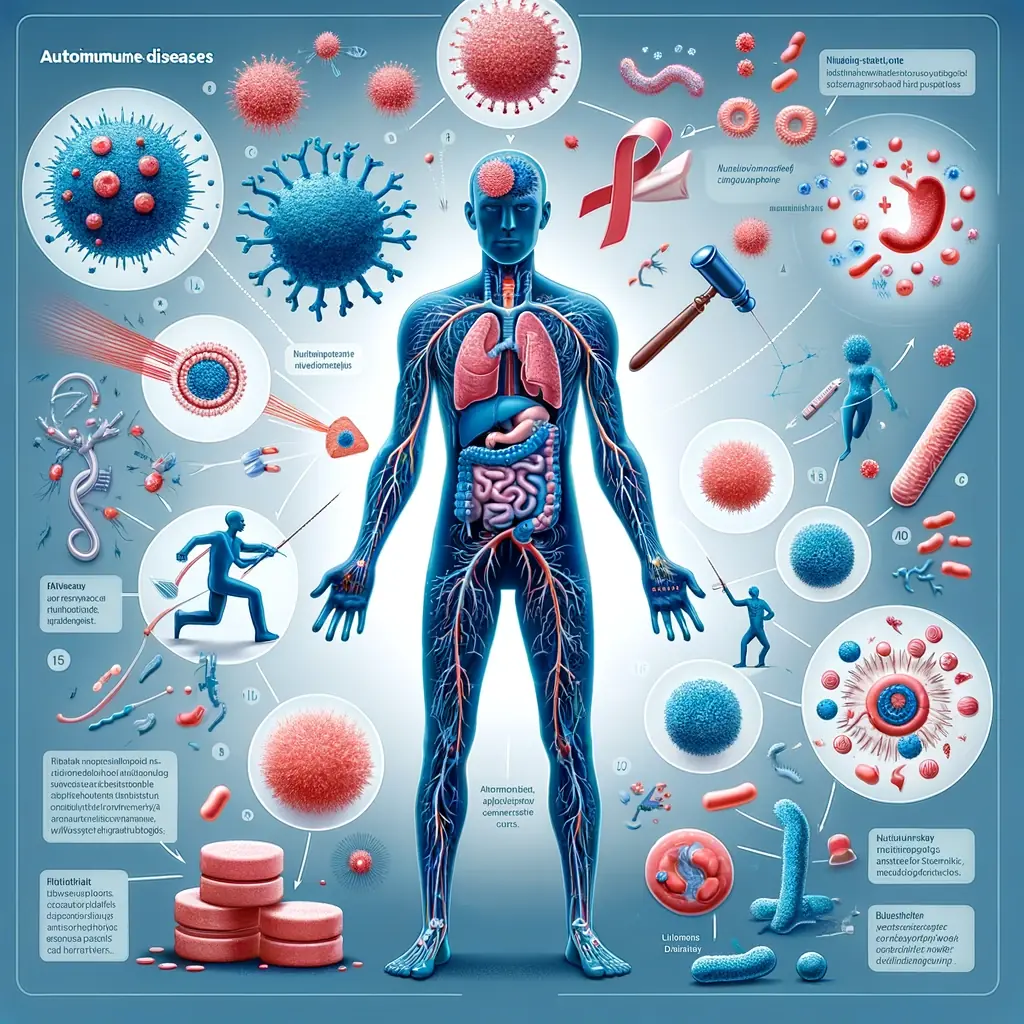
The idea of losing your ability to think and remember is frightening. Unfortunately, that’s exactly what happens with different forms of dementia, including the most common type, Alzheimer’s disease. And, with the biggest risk factor for cognitive decline being aging, the rates of these conditions continue to rise.
Table of Contents
Current estimates predict that 65.7 million people worldwide will have dementia by 2030. While that sounds disheartening, growing evidence also shows that good lifestyle choices can help support your brain health and cognitive function well into your golden years. They can even reduce your risk of Alzheimer’s disease by up to 60%.
Our team at Scottsdale Private Physicians LLC provides expert assessment and treatment for people with dementia. While we can diagnose and help you manage chronic conditions that increase your chances of dementia, you can take action at home, too.
We recommend taking the following steps to S.H.I.E.L.D. your brain from cognitive decline and reduce your risk of dementia. And the best part? It’s never too late or too early to start.
Do you brag about how little sleep you need each night? It’s time to change your tune. Sleep may seem like wasted time, but your brain uses it to clean out any debris that builds up, including destructive types that damage nerve cells and impair cognitive function.
Try to get at least seven or eight hours of quality sleep each night to give your brain plenty of cleaning time. If you can’t get that much sleep at once, add naps throughout the day.
Stress may be part of life, but it also affects how your brain works. Being under excessively high levels of stress causes your cortisol levels to rise. These hormones negatively affect your memory and increase inflammation in your body, which could cause your brain to rewire.
To protect yourself, look for ways to reduce the stressors in your life. You can also incorporate relaxation techniques — like meditation — into your lifestyle or ask us about stress management strategies so you can learn healthy coping skills.
Similarly, take care of your mental health. Seek treatment if you have signs of anxiety, depression, or other psychological disorders.
One of the best things you can do for your brain involves social interactions. Not only does having a strong social network and staying actively engaged with friends and family preserve cognitive function, but it also makes it far less likely that you’ll develop dementia.
Why? Because continuing to build and maintain relationships exercises your comprehension and reasoning skills. Plus, having an active social life exposes you to a world of new opportunities and challenges, which can introduce you to even more experiences and create a richer life.
When it comes to your health, one of the most important things you can do is exercise. And that goes double for your brain.
Research shows that exercise creates biochemical changes in the brain, including nerve cells. Whenever you exercise, you generate new nerves and synapses, a process known as neurogenesis, in the hippocampus. This area of your brain plays an essential role in forming new memories and retrieving old ones. It’s also one of the first areas affected by Alzheimer’s disease.
Participating in regular exercise keeps your hippocampus healthy. So get moving more, even if it only involves a short walk around the block to start. Work up to 150-300 minutes of moderate or 75-150 minutes of vigorous activity (or a combination of the two) each week.
Just like you should challenge your body with exercise, it’s important to challenge your mind. Learning new things and trying novel activities helps keep you mentally stimulated and builds neural networks at the same time.
Need help getting started? Try:
For the best benefits, add plenty of complex or challenging activities.
It’s tempting to reach for the chips or order a pizza after a long day. However, adopting a healthy, balanced diet that’s low in fat and high in fruits and vegetables plays an essential role in protecting your brain health.
The Mediterranean diet shows significant brain benefit. It encourages you to focus on eating:
All of these steps can also help with weight management and support heart health, another factor associated with dementia and cognitive decline.
Are you ready to help protect your brain health? We take a holistic approach that includes lifestyle coaching, nutrition counseling, and preventive medicine. Contact our physicians at their Scottsdale, Arizona, offices to schedule a consultation today.





